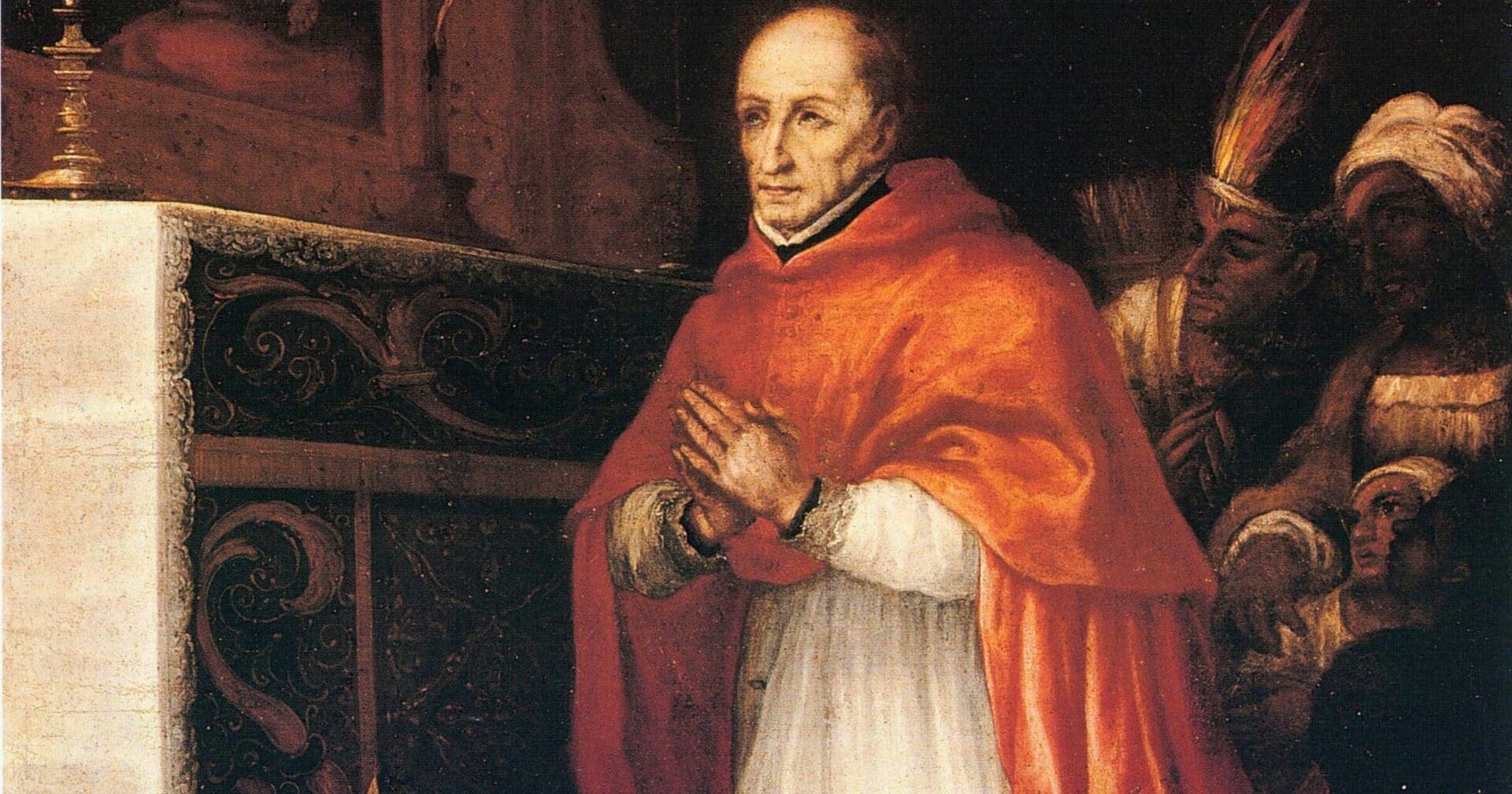
Saint Toribio Alfonso de Mongrovejo (1538-1606), a figure of profound influence in Peru, championed the rights of indigenous peoples, laying the foundations for educational, religious, and healthcare institutions in the New World. Notably, he established the inaugural seminary in the Americas and acquired proficiency in several indigenous languages to better serve his pastoral mission.
Originating from Spain, where he distinguished himself in law to the extent of becoming a professor at the University of Salamanca and later the chief judge of the Inquisition in Granada, Turibius’s life took an unexpected turn. Despite his legal acumen, he could not foresee his appointment as the Archbishop of Lima, a decision prompted by his reputed integrity and spirituality, aimed at rectifying the region’s moral decay.
Despite his initial resistance, citing canonical laws against laymen receiving ecclesiastical positions, Turibius was ordained and dispatched to Peru. There, he confronted the grim reality of colonial exploitation and ecclesiastical corruption. His response was a tireless commitment to reform, embarking on extensive tours of his vast diocese, engaging deeply with the language and customs of the indigenous population, and living a life marked by personal austerity and spiritual intensity. It was during this period that he confirmed Saint Rose of Lima and likely Saint Martin de Porres, with Saint Francis Solanus later joining his missionary efforts.
Turibius’s innovative approach to supporting his impoverished flock, delivering aid anonymously to uphold their dignity, further exemplifies his profound empathy and respect for the communities he served.
Photo credit: Public Domain via Wikimedia Commons
The post Saint Turibius of Mongrovejo appeared first on uCatholic.
Daily Reading
Wednesday of the Thirty-fourth Week in Ordinary Time
Reading 1 RV 15:1-4 I, John, saw in heaven another sign, great and awe-inspiring: seven angels with the seven last plagues, for through them God’s fury is accomplished. Then I…




